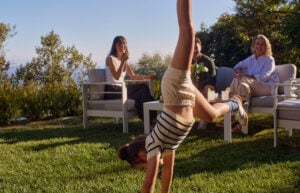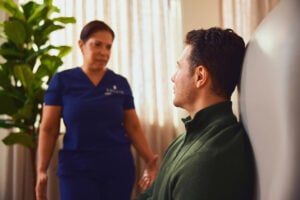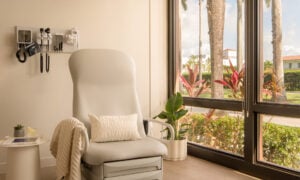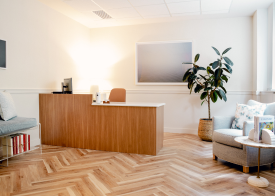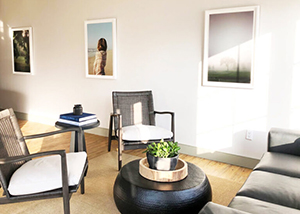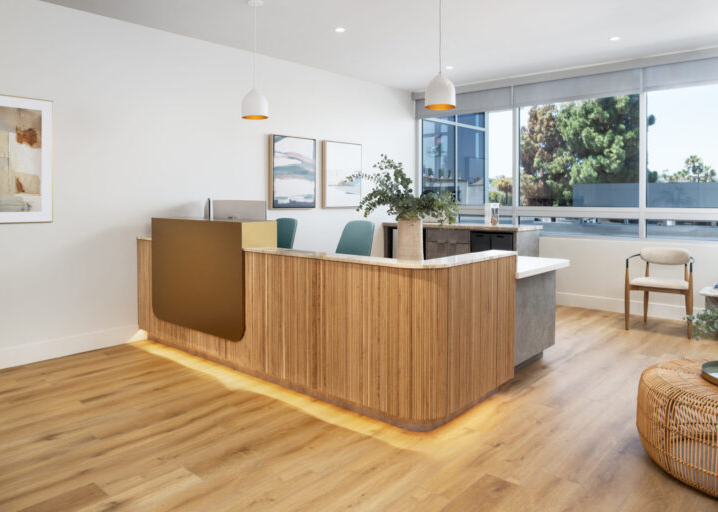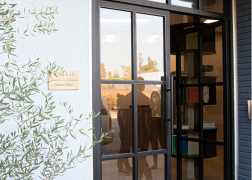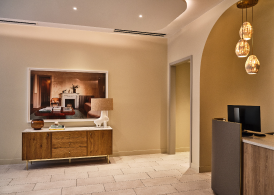When and how were you diagnosed with breast cancer?
In 2014, after finding a lump in my breast several months following a normal mammogram, I was diagnosed with early stage breast cancer via biopsy.What were the hardest parts, both emotionally and physically?
Emotionally, I felt disappointed. After all, I had taken pristine care of my body my whole life. I was no stranger to breast cancer treatment, so knew the road ahead could be tough. Many things go through your mind when you are diagnosed with cancer, from the mundane to the profound. I was blessed the entire time with supportive and loving family and friends, which helped enormously. I also wrote extensively during my treatment, to highlight how using natural and integrative medicine can help enhance efficacy of conventional care, help prevent side effects, and address any side effects that arise. That writing and sharing was part of my healing and was in line with how I have lived my life—using experiences to learn and grow. Physically, the hardest part was feeling tired and unable to live life with as much energy and enthusiasm that I am accustomed to. I was also unable to work out like I like to. That said, I was able to reframe that time as one devoted to healing, to put less pressure on myself. I had the great fortune to be able to work much less, and with that time, could focus on the task at hand.What sort of treatments did you undergo, and how are you feeling today relative to what you’ve been through?
I had surgery, chemo, and radiation. I feel 100 percent today—in fact I completed a sprint triathlon this month and continue to enjoy vibrant health, with a clear mind, open heart, and a physical body without pain or discomfort, which enables me to enjoy all the activities I used to enjoy, and learn some new ones, too!How did your training as a naturopathic doctor help you in your recovery, and how can naturopathic medicine assist in not only recovery from cancer but also prevention?
My training as an ND was central to how well I handled treatment and my recovery time once treatment ended. By using an anti-inflammatory diet, employing a number of natural medicine strategies to address side effects that arose, and keeping up with mindfulness meditation and a daily exercise habit, I was able to stay as healthy as possible during treatment and bounce back afterward. Primary prevention—meaning doing those things that prevent cancer from occurring in the first place—is always best; it’s easier to prevent than it is to treat, which is true for most all serious ailments. Some of this falls under the purview of public health, such as access to clean water, healthy food, and safe places to exercise. Some preventive strategies have to do with steering everyone away from smoking and vaping, and taking care with sun protection. There are more aggressive ways to help prevent cancer related to nutritional and botanical medicines that can help to alter internal biochemistry to be less hospitable to cancer growth—all contextualized in a healthy lifestyle where stress management also plays a key role.“My understanding and compassion for my patients has always been a high priority, but I know it’s enhanced by having gone through treatment myself. I have a lot of ‘street cred’ with my patients.”
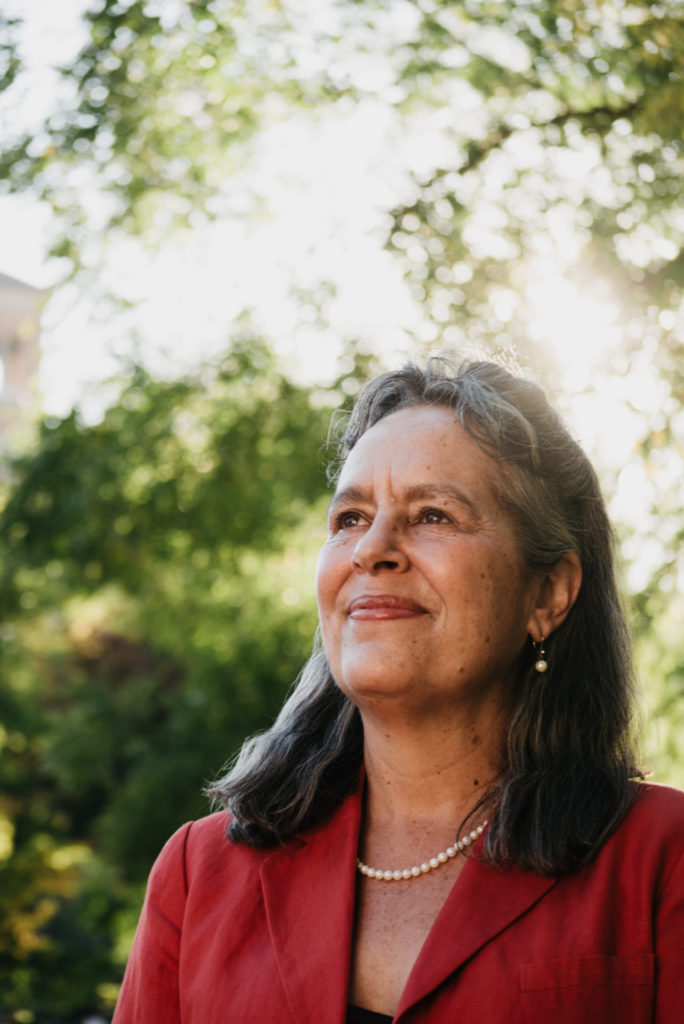
You’ve spoken a bit about the importance of strengthening your “mental game” when facing something like chemo. What do you mean by that?
Big time emotions are a common aspect of going through cancer treatment and afterwards, while also worrying about, in no particular order, your health, your livelihood, your relationships, your sex life, your family, your very mortality! What are tools and skills and attitudes that help you raise your threshold for feeling stress and help dissipate the stress you have? I would list all of these tools under the rubric Head Game which I define as the skills and attitude that support your ability to experience a wide range of emotions, but not become stuck in any one of them. A good head game has us being more resilient with setbacks and focused on gratitude and serenity. It’s never about what happens to us, but rather how we react and respond to the events in our life. Remembering that in most every situation we have self-agency to make the best out of even very tough scenarios.
If Sollis existed when you were dealing with all of this, how would it have helped your experience?
Even as a medical provider, gaining timely access to my own physicians can be challenging. If I’d had a service like Sollis during my own treatment and recovery, it could have supported scheduling and communication both with and between my providers. This would have facilitated more timely test results, and ensured expedited referrals. A cancer diagnosis is overwhelming enough, so having attentive navigation would’ve been an enormous support and would have allowed me to focus on what was most important: getting and staying healthy!
What inspired you to write You Finished Treatment, Now What: A Field Guide for Cancer Survivors?
The sheer number of survivors who are searching for help impressed me. And the anxiety and fear of recurrence can be crippling. I knew this book would strike a chord with many survivors and those who love and support them.
How has your firsthand experience with cancer changed the way you approach being a doctor?
I often say that I write and teach “from both sides of the johnny” now. My understanding of and compassion for my patients has always been a high priority, but I know these elements are enhanced by having gone through treatment myself. I have a lot of “street cred” with my patients. I often say “Welcome to the Club,” to newly diagnosed patients—a club that no one wants to be in—but having been on many of the same paths, my knowledge, recommendations, and encouragement are taken in with that extra sense of belief and trust, elements of a healing relationship that surely help.
What advice do you have for someone battling cancer—or recovering from it?
Let me quote from the book: “It’s essential to appreciate that no one can do everything to address symptoms leftover from cancer care or that could potentially be cancer-preventive. There is simply not enough time in the day. I have found that some patients drive themselves—and their loved ones—a bit crazy trying to do everything possible, at great expenditure of time, money, and energy. Certain approaches will have more appeal than others. It’s ever true that your body reflects the habitual, not the occasional. Being kind and gentle with yourself is also an important part of healing. I prefer when my patients make slow, gradual, more permanent needed changes, instead of trying to change everything all at once. Once you understand the way the body works, what internal environments are more or less hospitable to cancer, you will likely feel inspired and motivated to take up natural medicine approaches. Knowledge is power. Knowledge about your body, about biochemistry, and physiology can help inform your decision-making as you go through your days and plan your weeks. The Internet is overflowing with information and testimonials, some of which may be helpful, some may do nothing at all, and of course, some may be harmful. Before embarking on creating a plan for yourself, I hope you will find a licensed naturopathic doctor or another provider well-versed in this material and add them to your medical dream team.”
“We can use natural medicine to support people during care, and we should, but we should not sidestep conventional care with hopes that a certain diet or herb or acupuncture treatment will cure cancer.”
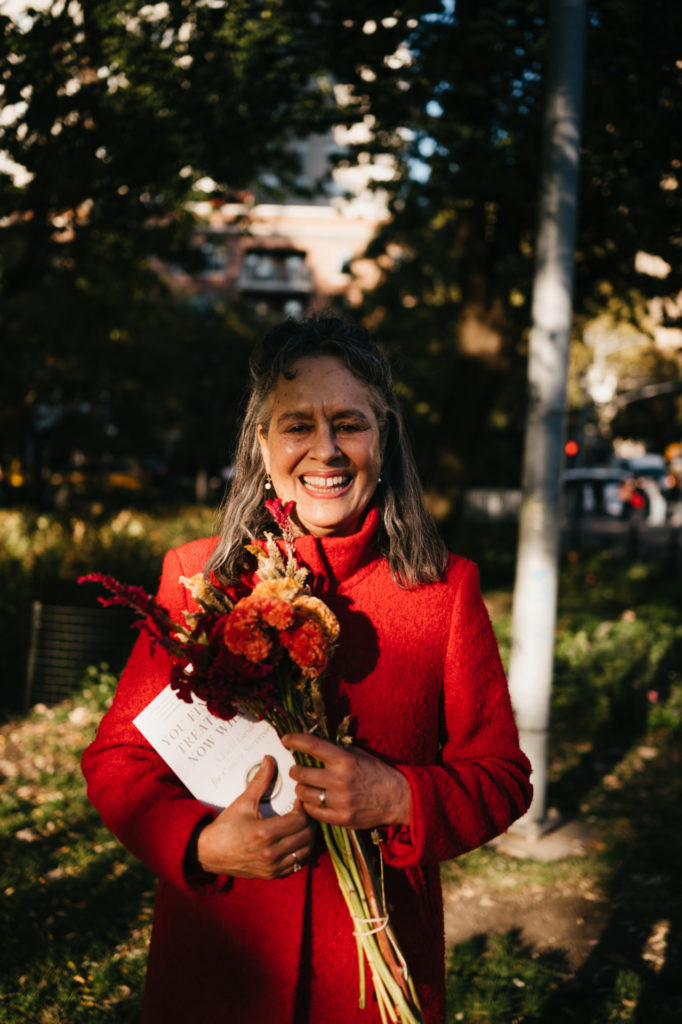
What do you think are the biggest misconceptions (or misinformation!) about cancer and/or naturopathic medicine?
First are misconceptions that all cancer can be blamed on individual choices a person made. There are genetic and environmental factors that often play a role. Then there are misconceptions that natural medicine can cure cancer. This one is tough. Everyone would prefer not to go through chemo or radiation or hormone suppression. But until we have people-based research on a large enough scale to prove efficacy, we do best to work with the approaches that have a proven track record. We can use natural medicine to support people during care, and we should, but we should not sidestep conventional care with hopes that a certain diet or herb or acupuncture treatment will cure cancer. Lastly, there is a misconception that you cannot use conventional cancer treatment alongside natural or integrative approaches. Increasingly research shows that not only is there no harm done, but that we can enhance efficacy and prevent or address side effects, by joining the two together. It is my dream that every oncology patient, when they finish with the oncology appointment, will move next door and work with their naturopathic or integrative oncologist next.
The biggest misconceptions about naturopathic medicine are less misconceptions and more lack of understanding or exposure to the profession. NDs are trained at four year, in-residence, full time naturopathic medical schools and receive the same basic science education as MDs and DOs.
Naturopathic medicine is a distinct system of medicine that skillfully combines ancient therapeutic traditions with modern science to restore and optimize health. Naturopathic doctors (NDs) gather information from patients using the patient intake and physical exam as well as pertinent laboratory investigation, alongside understanding a patient’s lifestyle, environmental stressors and health goals. NDs use a variety of therapies, including clinical nutrition, botanical medicine, homeopathic medicine, physical medicine, behavioral medicine, and lifestyle recommendations. NDs work to support the body’s innate capacity to heal and aim to treat the whole person with an individualized treatment plan.
Is there anything you wish you could help people understand better?
That we each have the capacity, to one degree or another, to impact our health by the choices we make with regard to food, exercise, the head game, and more. A goal of my work over the past four decades is to inspire people to take charge and take change seriously!
Any good words to live by?
Here are some of my own home-baked mantras: “I’m breathing in peace and healing, I’m breathing out stress and worry.” “I’m young and strong and healthy, I’m going to come back better than ever.”
